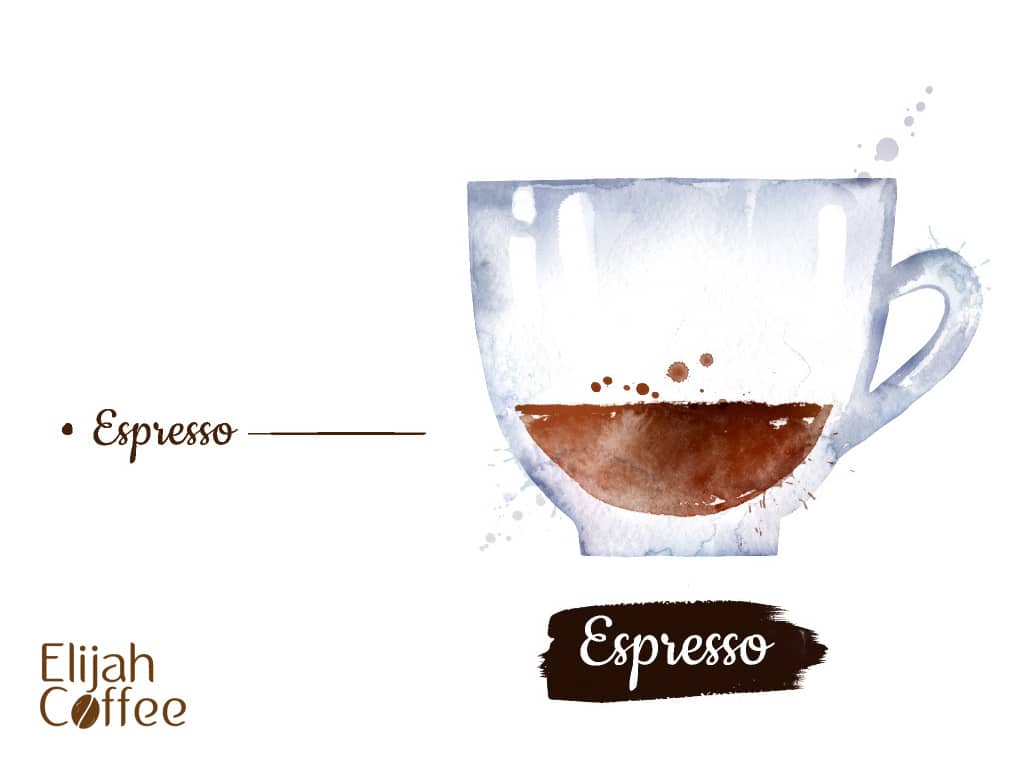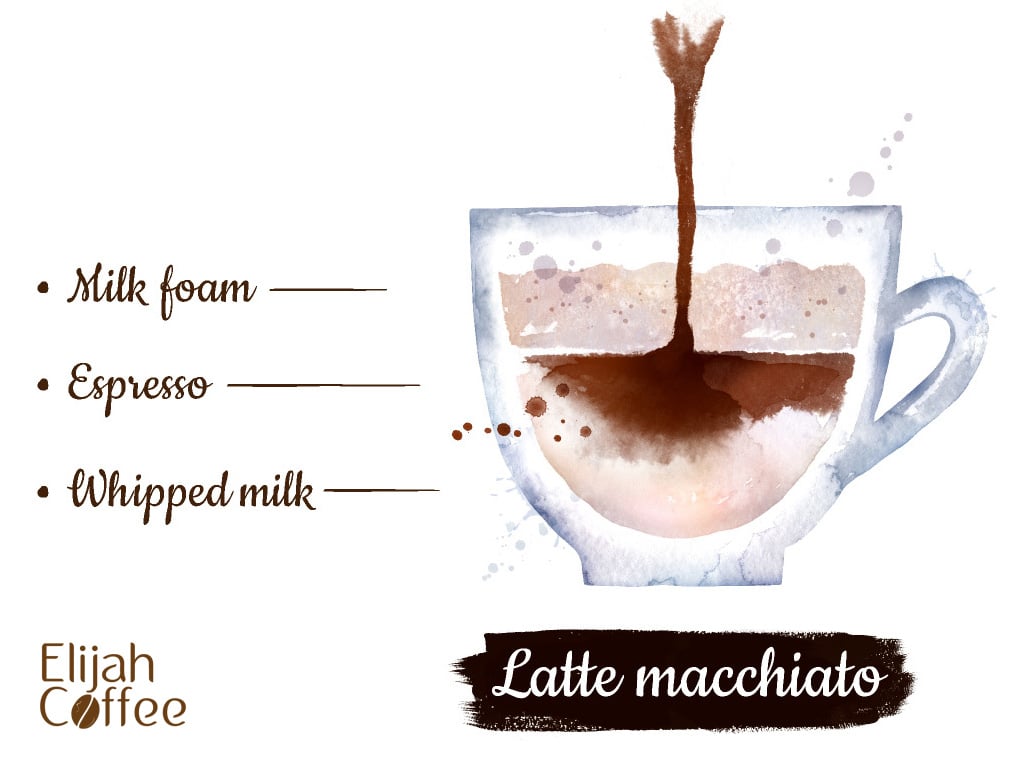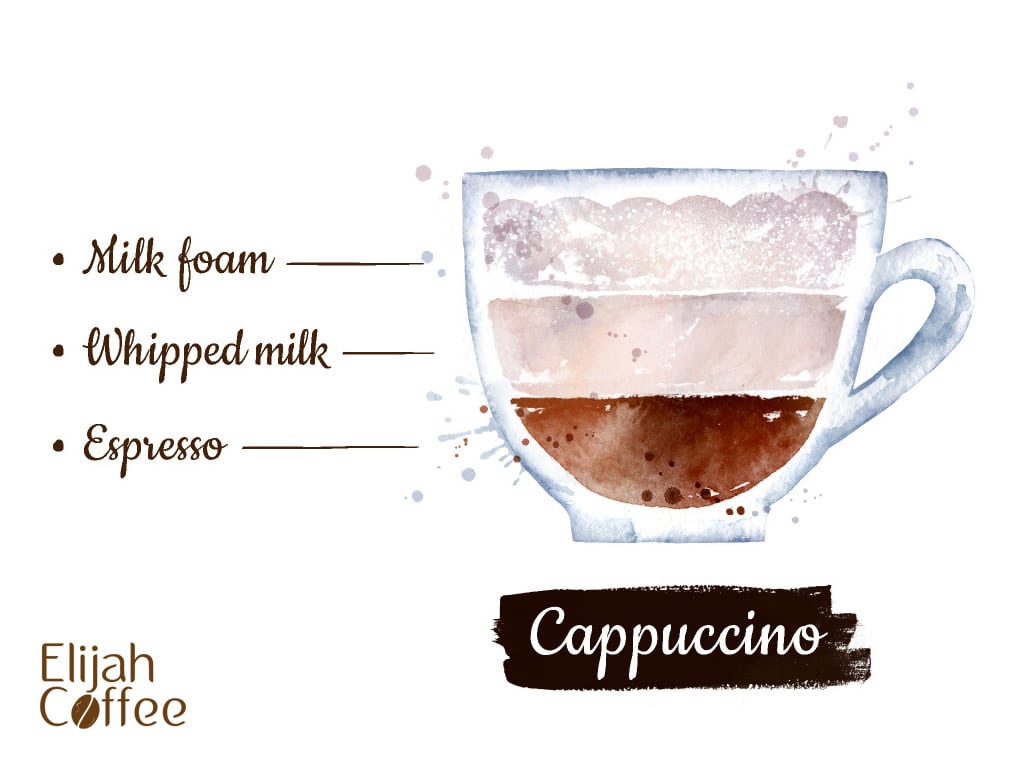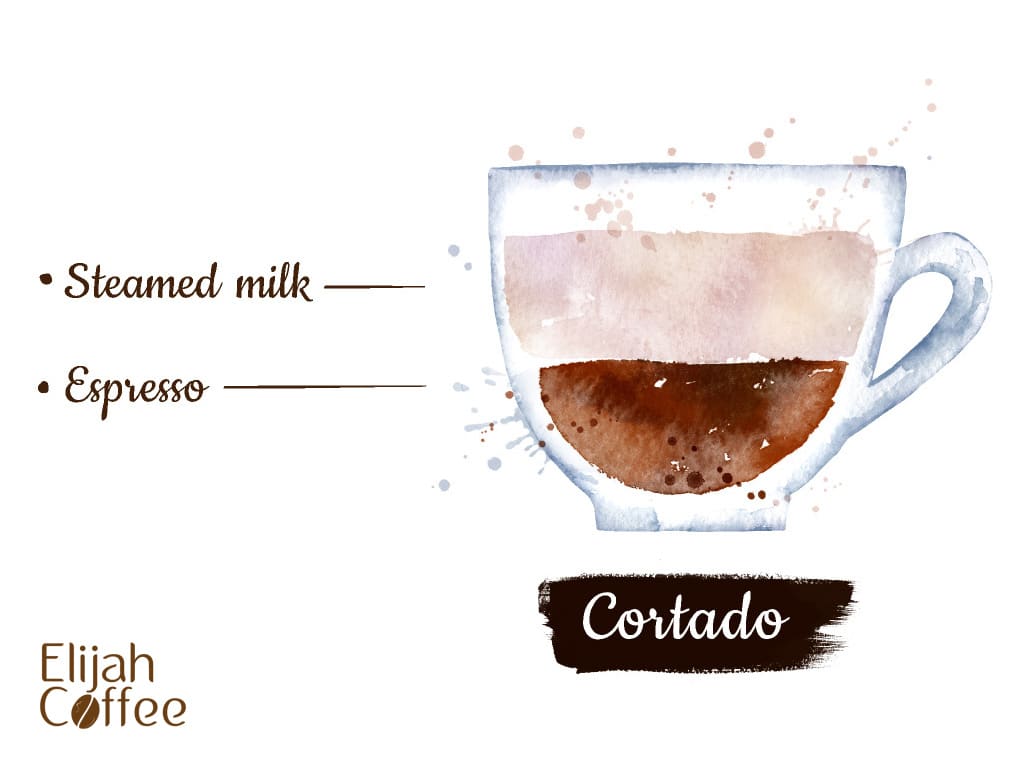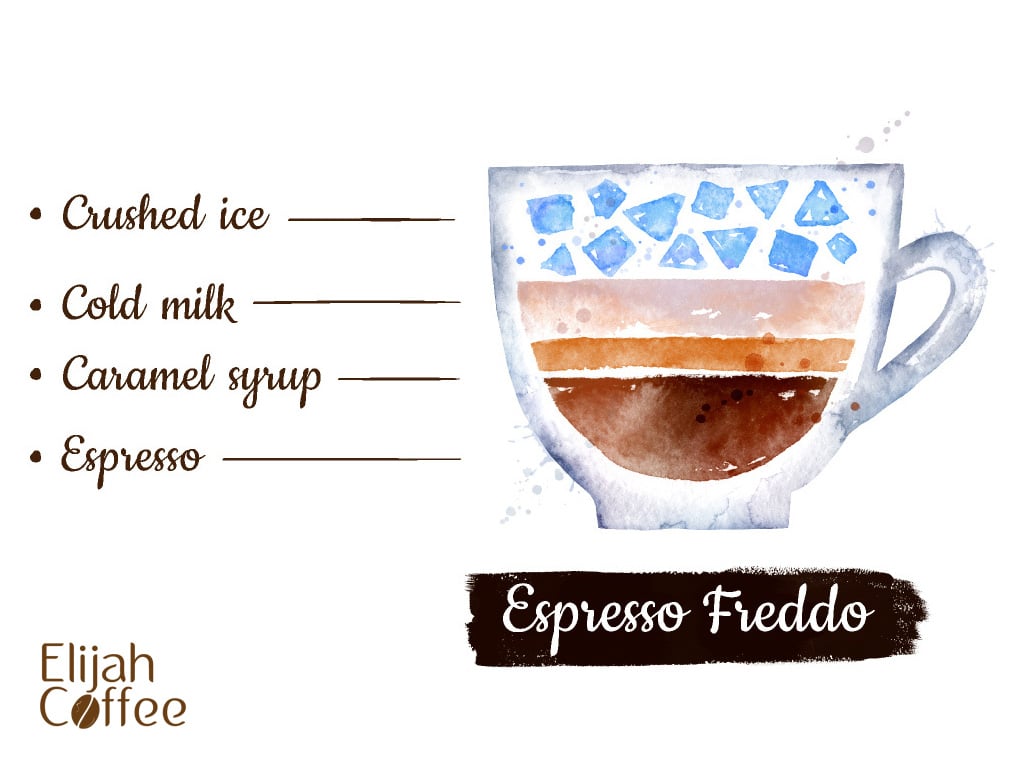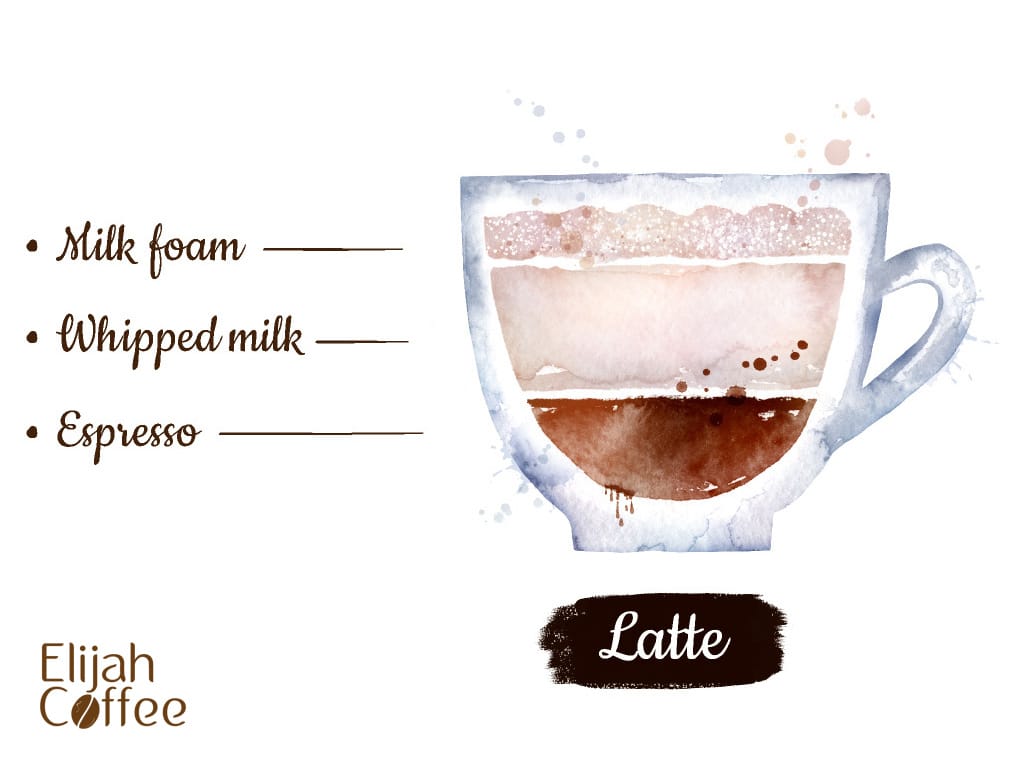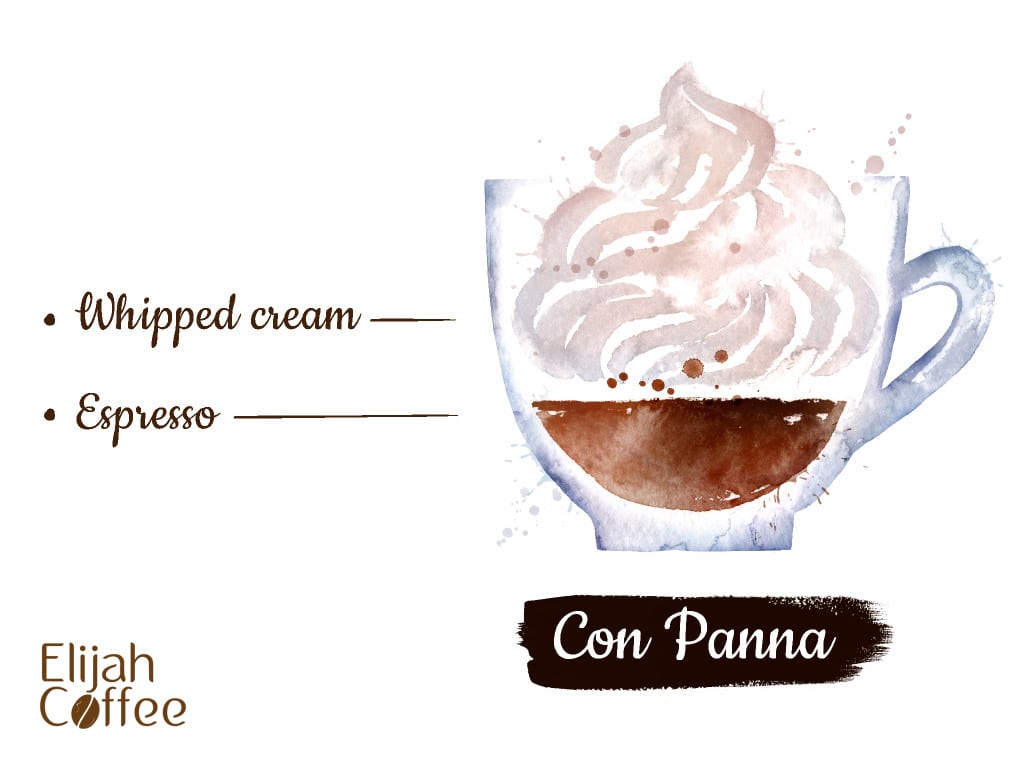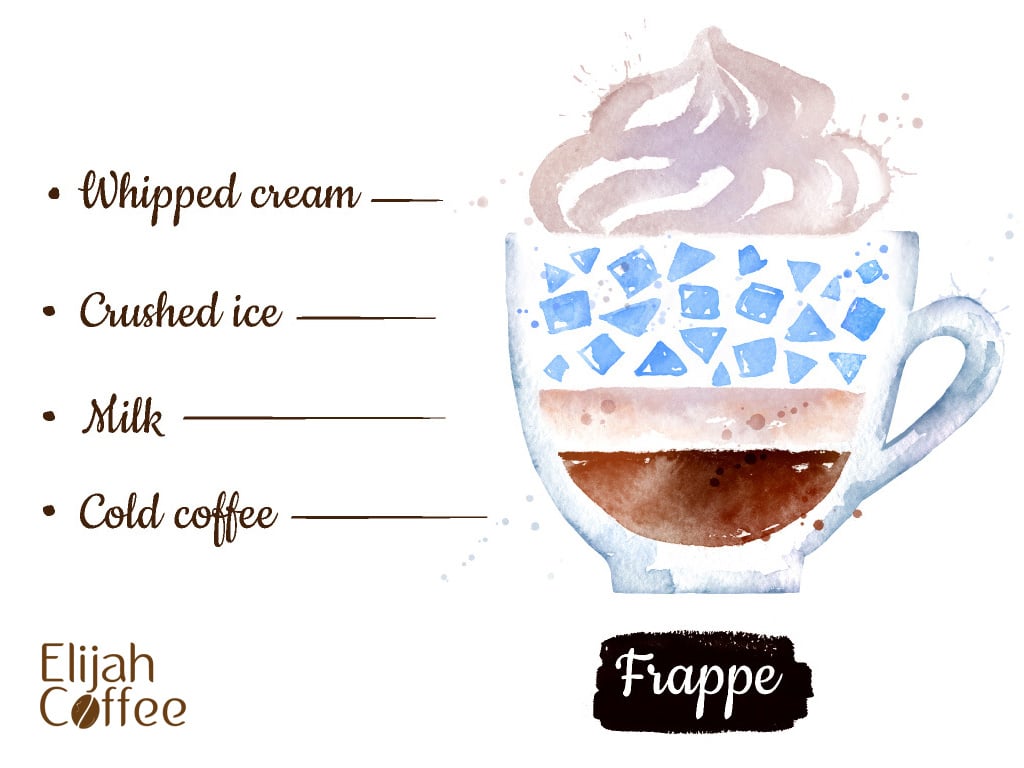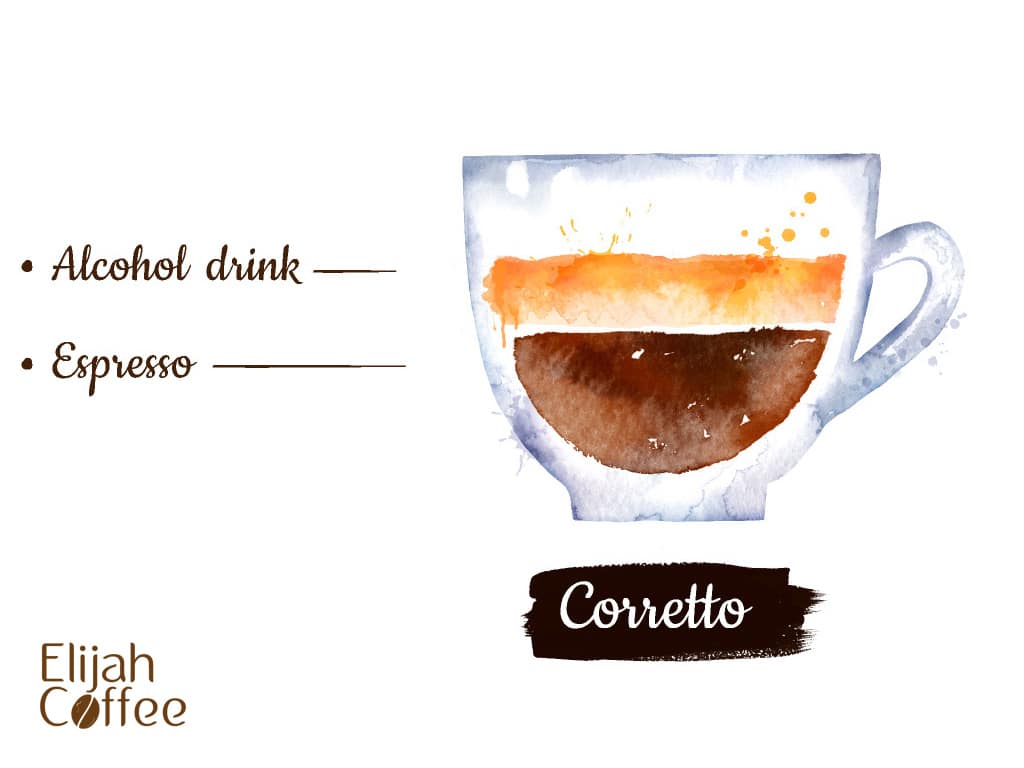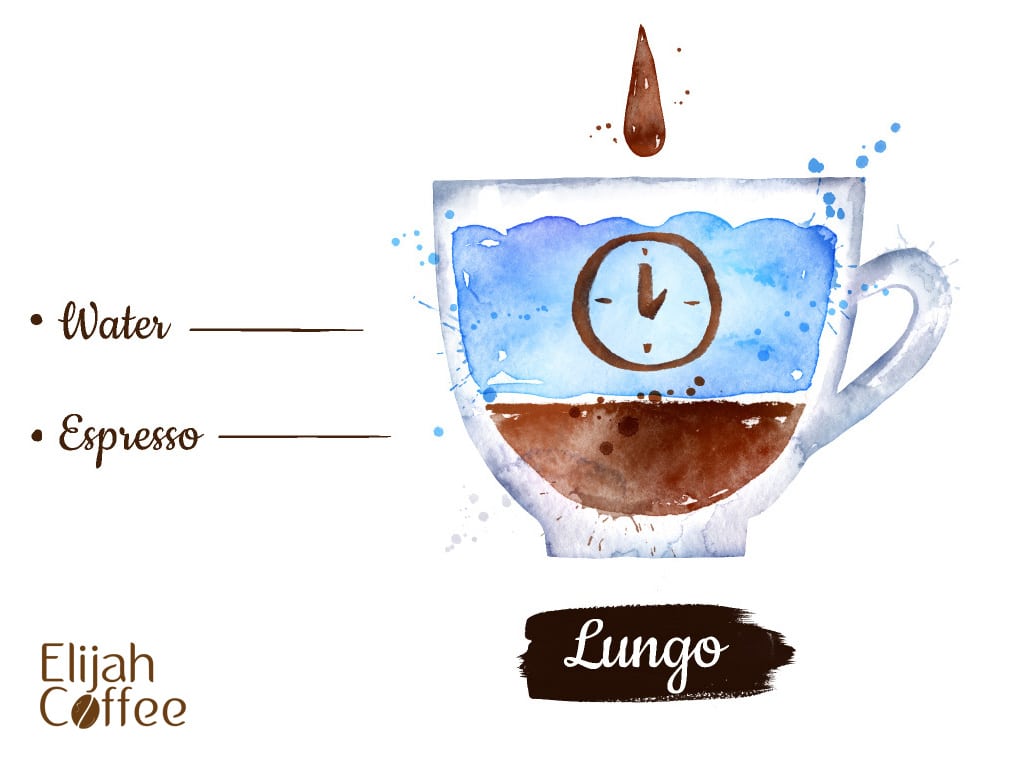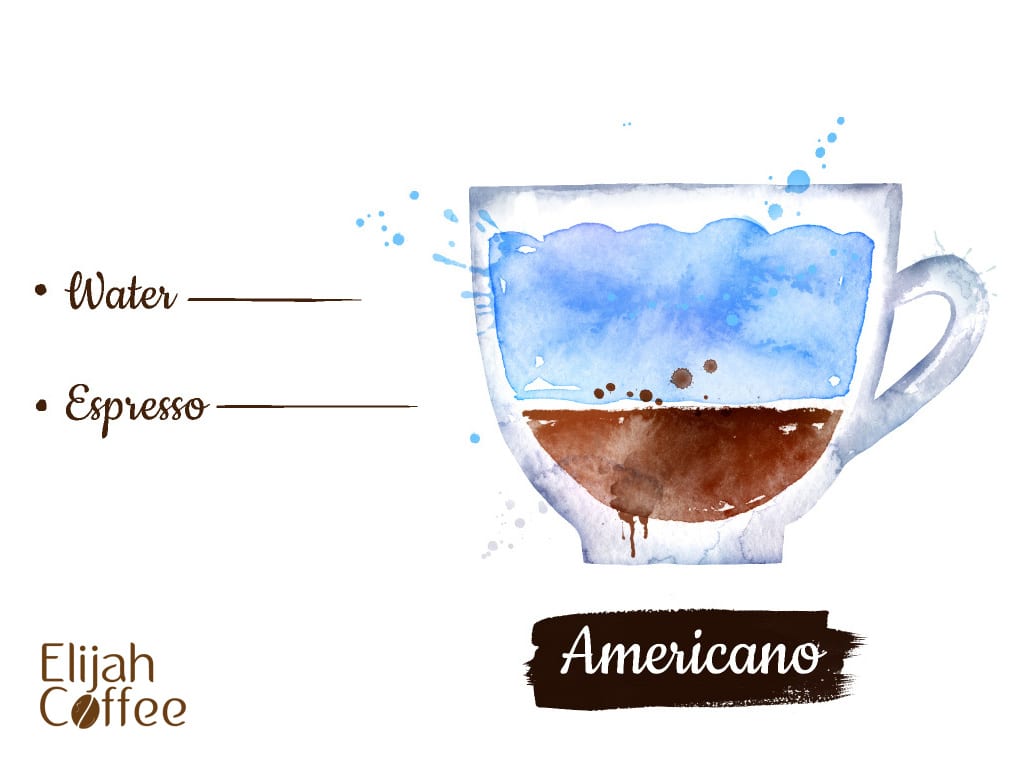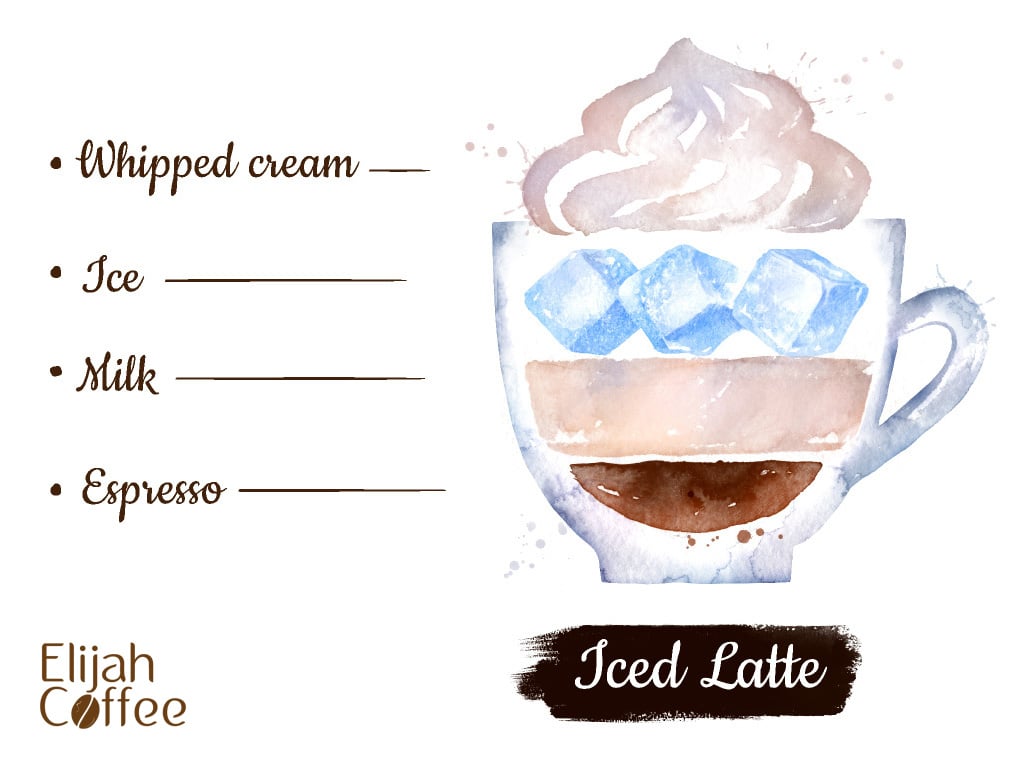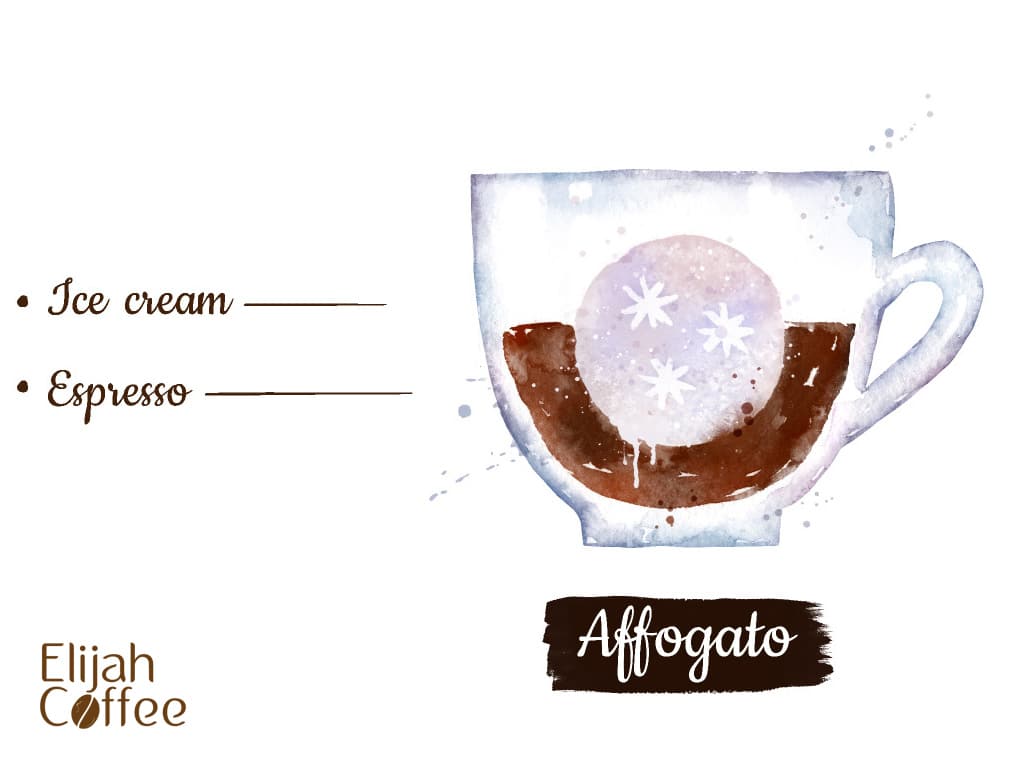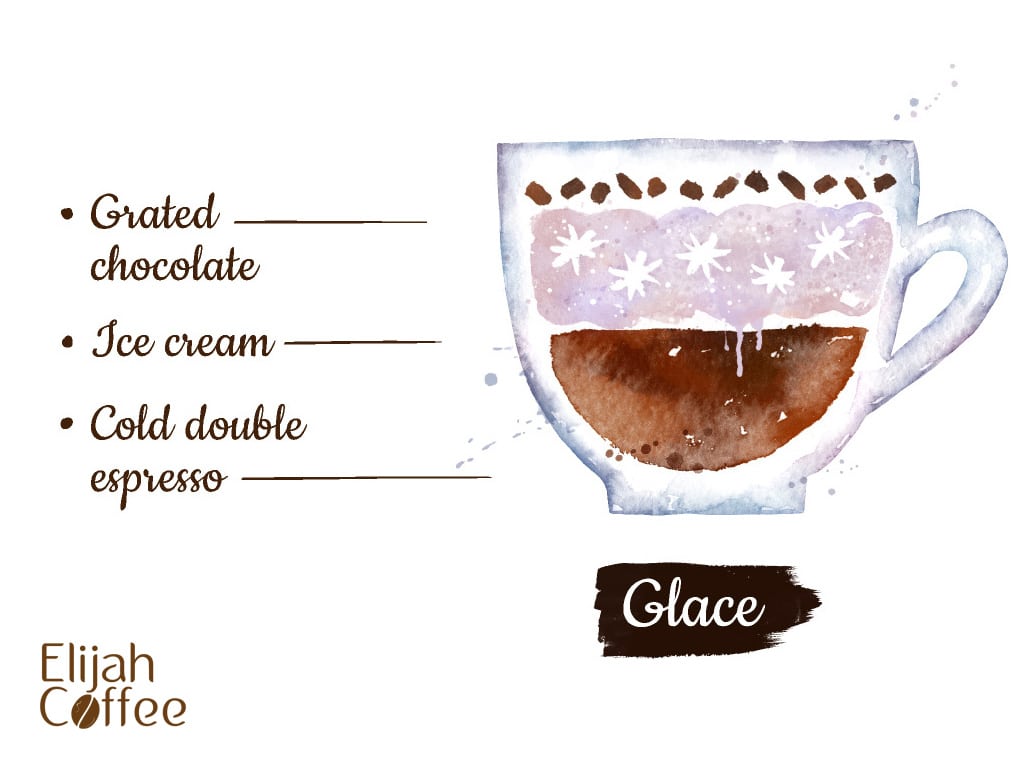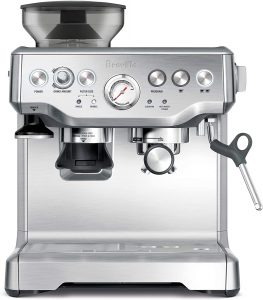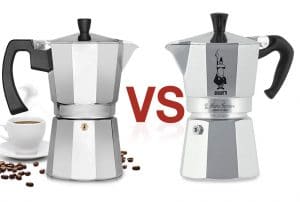This article will explore the effects of Adderall and coffee, compare the similarities and differences between the two, and discuss the potential of coffee as one of the best adderall alternatives.
The Effects of Adderall and Coffee
Adderall is a prescription medication that contains two stimulant drugs, amphetamine and dextroamphetamine. The medication works by increasing the amount of certain neurotransmitters in the brain, including dopamine and norepinephrine, which are associated with attention and focus. Adderall is commonly prescribed to treat ADHD, but it can also be used to treat narcolepsy.
On the other hand, coffee is a natural stimulant containing caffeine. Caffeine blocks adenosine, a neurotransmitter that makes people feel tired, and increases the amount of dopamine and norepinephrine in the brain, similar to how Adderall works.
Both Adderall and coffee can improve cognitive performance, including memory and attention. However, Adderall has been associated with more severe side effects than coffee, including addiction, anxiety, and heart problems. In contrast, coffee has few adverse side effects, except for possible jitters, headaches, and stomach upset in some people.
Similarities and Differences Between Adderall and Coffee
Adderall and coffee share similarities, such as increasing alertness and improving cognitive performance. However, there are also significant differences between the two. Adderall is a prescription medication requiring a doctor’s approval, whereas coffee is readily available in most grocery stores and shops.
Adderall is also more potent than coffee, and its effects last longer. While coffee’s effects can wear off after a few hours, Adderall lasts up to 12 hours. Moreover, Adderall has a higher potential for addiction than coffee, which is why it is a controlled substance that is closely monitored.
Coffee as an Alternative to Adderall
While Adderall is an effective treatment for ADHD, some prefer not to use it because of the potential for side effects and addiction. Therefore, researchers have studied the possibility of coffee as an alternative to Adderall.
Studies have found that coffee’s active ingredient can improve cognitive performance, including memory, attention, and focus. For example, a study conducted by researchers at John Hopkins University found that caffeine improved memory consolidation in participants who consumed 200 milligrams of caffeine five minutes after studying a list of words.
Another study published in the journal Psychopharmacology found that caffeine improved attention and reduced reaction time in participants who were given a placebo or a caffeinated beverage.
Despite the potential of coffee as an alternative to Adderall, its use has some limitations. For instance, the effects of coffee can be inconsistent, depending on the your sensitivity to caffeine and the amount consumed. Additionally, long-term use of coffee can lead to caffeine dependence and tolerance, which means that you may need to drink more coffee to experience the same cognitive benefits over time.
Is Coffee a Good Alternative to Adderall?
Coffee has shown promise as an alternative to Adderall for those looking for a natural way to improve cognitive performance. While coffee can improve memory, attention, and focus, it has some limitations, including inconsistent effects and caffeine dependence and tolerance risk. Therefore, it is essential to consult a healthcare professional before using coffee as an alternative to Adderall, particularly for those with underlying health conditions that caffeine may exacerbate.
Additionally, you should monitor your coffee consumption to ensure that you’re not forming a dependence on the drug and should adjust dosage levels accordingly. Coffee may provide an effective and natural alternative to Adderall for some people as long as it is consumed safely and responsibly.



